Full Upgrade to Hydraulic Brakes: Why Hydraulic Brakes Are Worth Having Over Mechanical Brakes?|

In recent years, the performance of electric bicycles has grown rapidly. From range and power to smart features, everything is constantly improving. Among all riding components, one of the most critical factors affecting safety is the braking system.
As e-bikes become faster, heavier, and more versatile, the demands on brake systems are higher than ever.
Today, the two most common brake types used on bicycles and e-bikes are Mechanical Disc Brakes and Hydraulic Disc Brakes. Many riders still don’t fully understand the differences, especially why hydraulic brakes are often referred to as the “safer and more advanced” braking system.
1. First, the similarity: Both mechanical and hydraulic brakes are disc brake systems
Before comparing them, it’s important to clarify:
-
Mechanical brakes use steel cables to pull the brake caliper.
-
Hydraulic brakes use fluid pressure to activate the brake caliper.
Both rely on brake rotors and brake pads, so the braking mechanism is fundamentally the same.
The real difference lies in how braking force is transmitted.
2. What are the features of Mechanical Brakes?
Mechanical brakes rely on steel cables to pull the caliper and clamp the rotor. Their structure is simple, cost-effective, and easy to maintain, making them common on traditional bicycles and many entry-level e-bikes.
Key features of mechanical brakes:
-
Use steel cable for transmission
-
Lower cost, simple structure
-
Braking force depends on hand strength
-
Susceptible to friction, cable stretch, and wear
-
Braking performance weakens over time
-
May feel insufficient on high-power e-bikes
Mechanical brakes are suitable for lightweight, low-speed bikes, but are increasingly unable to meet the needs of modern e-bikes in terms of power and stability.
3. What are Hydraulic Brakes and why are they more advanced?
Hydraulic brakes use brake fluid pressure to push the caliper pistons, delivering smoother and stronger braking.
Key features of hydraulic brakes:
-
Use brake fluid instead of steel cables
-
Faster response and lighter lever feel
-
Strong and consistent braking power
-
Not affected by cable slack or wear
-
Superior performance in wet or muddy conditions
-
Ideal for high-torque, high-speed e-bikes
For all these reasons, hydraulic brakes have become the standard for mountain bikes, off-road bikes, and premium electric bicycles.
4. Mechanical vs. Hydraulic Brakes — A Complete Comparison
Here are the five most important comparison dimensions:
1. Braking Power: Hydraulic Brakes Win Clearly
Mechanical brakes transmit force through steel cables, which lose efficiency due to friction and stretching.
Hydraulic brakes transmit force through fluid, which does not compress — making the braking force stronger and more direct.
Result:
-
Mechanical: Limited braking power, less reliable at high speeds
-
Hydraulic: Strong, stable, and safer in emergencies
For heavy, high-speed e-bikes, this difference is significant.
2. Lever Feel & Comfort: Hydraulic is Smoother and Easier
Mechanical brakes often feel stiff. Even pulling hard may not generate enough stopping power.
Hydraulic brakes require only light pressure, thanks to hydraulic force amplification.
Long rides become easier, reducing hand fatigue.
3. Stability: Hydraulic Brakes Don’t Suffer from Cable Stretch
Mechanical brakes’ weaknesses include:
-
Cable stretch over time
-
Dirt and mud entering cable housing
-
Rust during rainy seasons
-
Gradual loss of braking power
Hydraulic brakes are fully sealed systems:
-
Never affected by cable wear
-
No slack
-
More consistent in rain, mud, or harsh terrain
-
Smooth lever feel even after long use
Hydraulic brakes consistently deliver stable performance.
4. Maintenance: Hydraulic Brakes Are Lower Maintenance Overall
Mechanical brakes require frequent adjustments:
-
Cable tightening
-
Lubrication
-
Cable replacement
Hydraulic brakes need only:
-
Occasional fluid check
-
Very infrequent bleeding
Overall, hydraulic brakes last longer and require fewer adjustments.
5. Safety: Hydraulic Brakes Are Better for Fast, Heavy E-Bikes
Electric bikes typically have:
-
Higher speeds (25–45 km/h)
-
Stronger motor power
-
Heavier frames
-
Shorter braking distance requirements
Hydraulic brakes significantly improve emergency braking, making them a safer option for modern e-bike riders.
5. Why Has Shengmilo Fully Upgraded to Hydraulic Brakes?
To improve rider safety and comfort, we analyzed customer feedback, riding environments, and industry trends.
As a result:
Starting in 2025, all Shengmilo electric bicycles are fully upgraded to hydraulic braking systems.
The main reasons include:
1. Enhanced Safety
Stronger, more stable stopping power dramatically reduces risks, especially at high speeds.
2. Better Riding Experience
Lighter lever feel and smoother braking make riding more enjoyable.
3. Reliable in Harsh Weather
Hydraulic brakes maintain consistent performance in rain, mud, and rough terrain.
4. Meeting Higher Customer Expectations
More riders today demand hydraulic brakes, especially on premium e-bikes.
5. Higher Product Quality
Hydraulic brakes are a hallmark of high-end e-bikes.
Upgrading the entire range reflects Shengmilo’s commitment to premium quality.
6. Do Mechanical Brakes Still Have Value?
Mechanical brakes still work well for:
-
City commuting
-
Low-speed, small e-bikes
-
Budget-conscious users
However, as e-bikes become faster and more powerful, hydraulic brakes are increasingly becoming the standard.
7. Conclusion: Hydraulic Brakes Are the Future of E-Bikes
After a full comparison, it’s clear:
-
Hydraulic brakes are stronger, smoother, and more reliable
-
They dramatically improve safety for fast and heavy e-bikes
-
They require less maintenance and last longer
Because of these advantages, Shengmilo has upgraded all models to hydraulic brakes, ensuring every rider enjoys a safer, more advanced, and more comfortable riding experience.
As technology continues to evolve, hydraulic brakes will remain the industry standard — and Shengmilo will continue providing riders with premium-quality equipment and services.







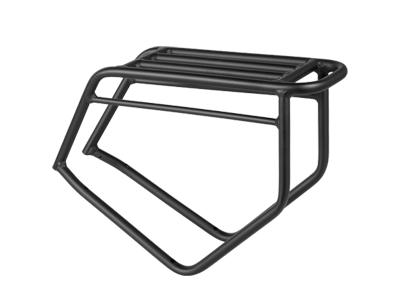
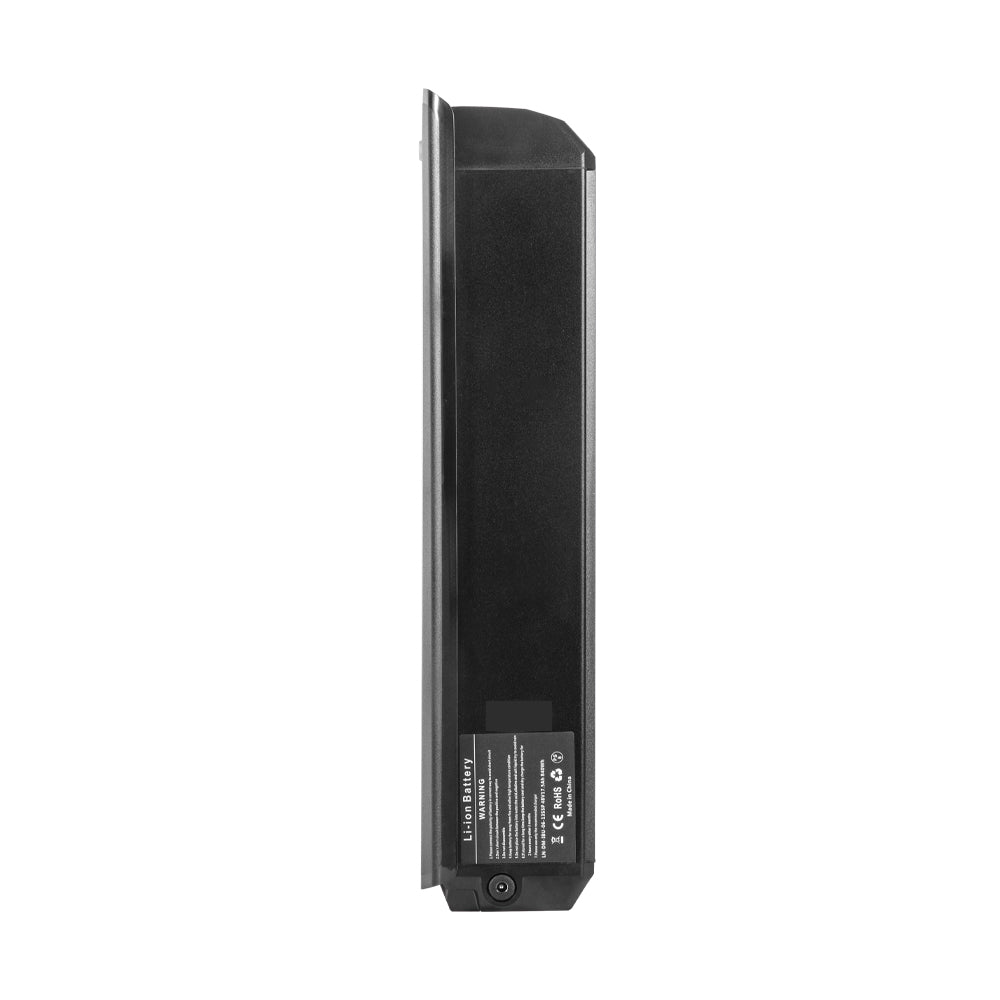
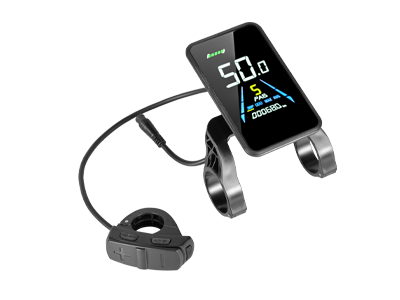
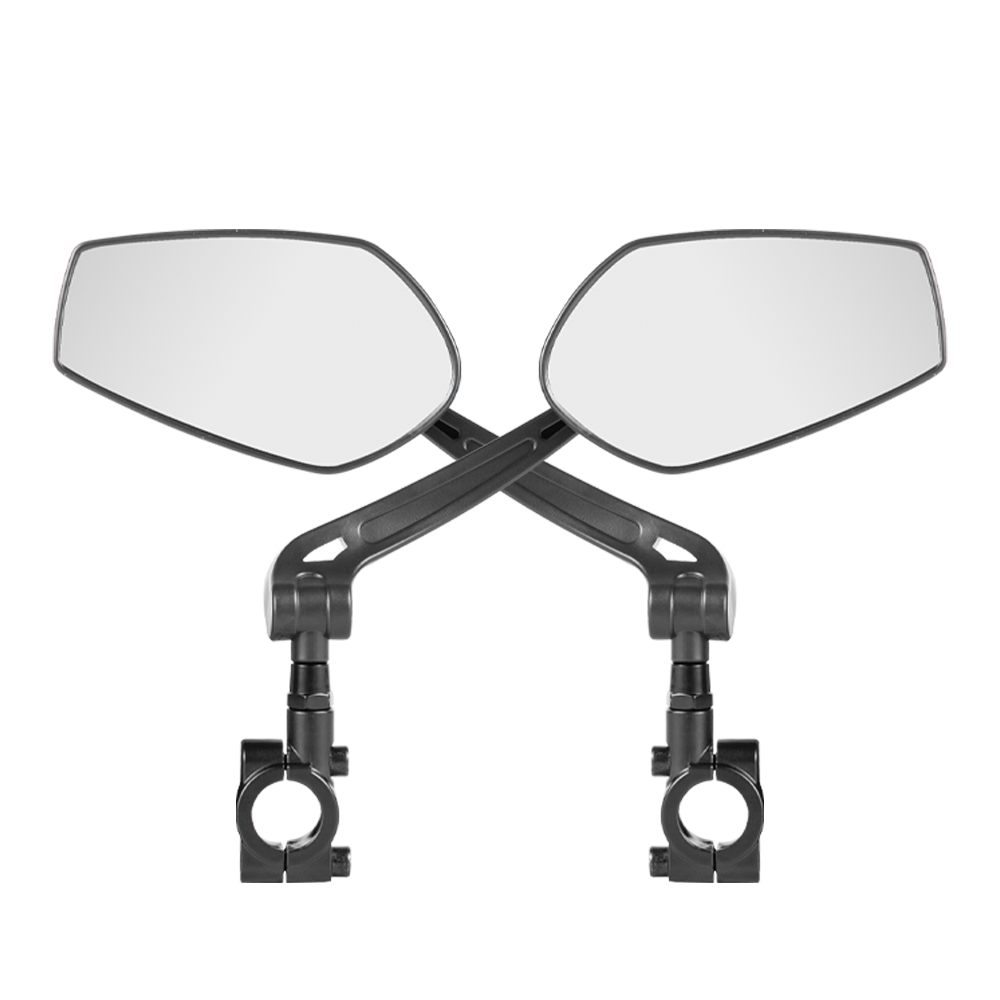
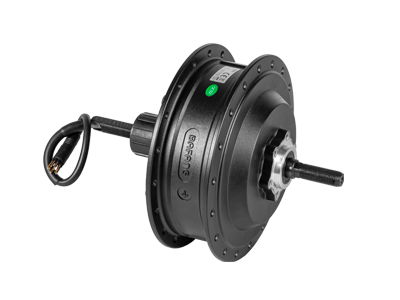
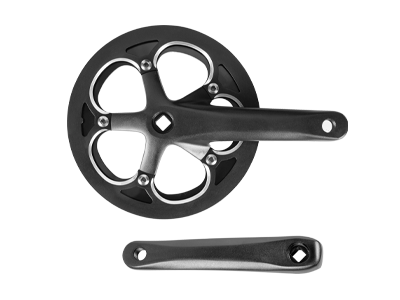
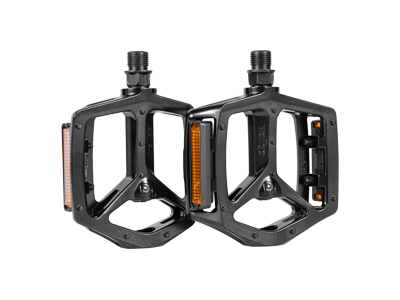
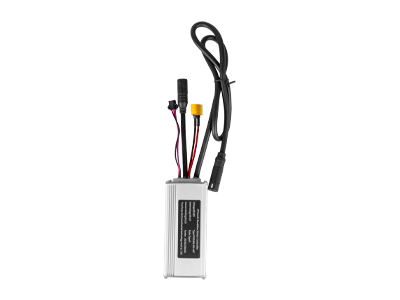
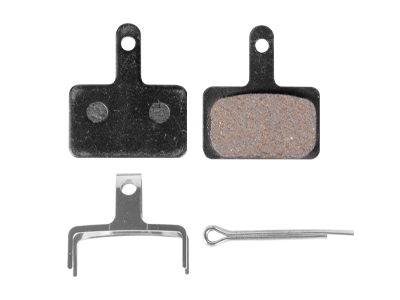
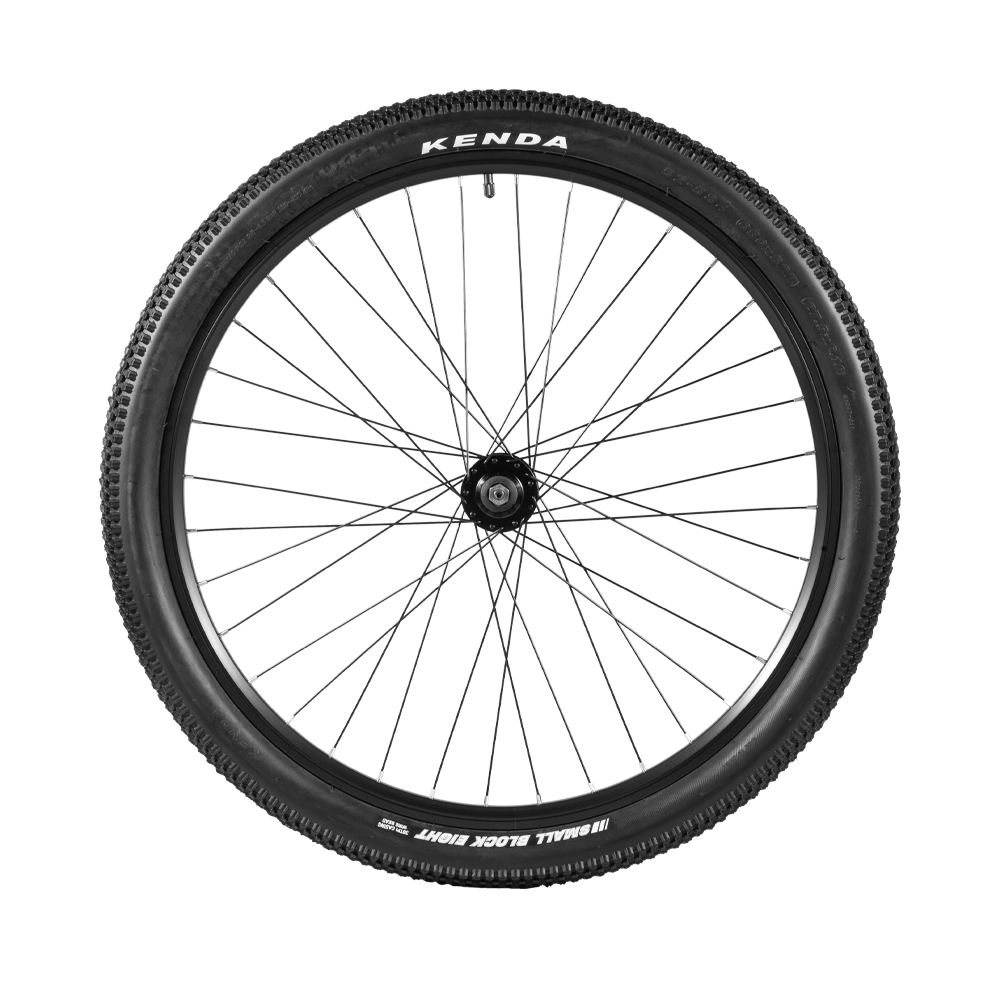





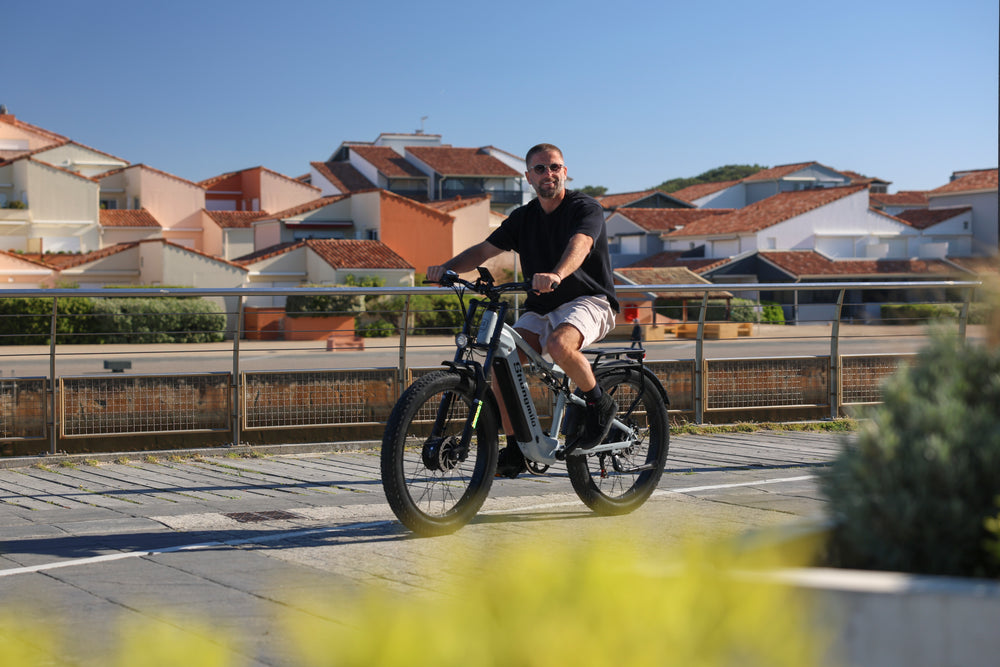
Leave a comment